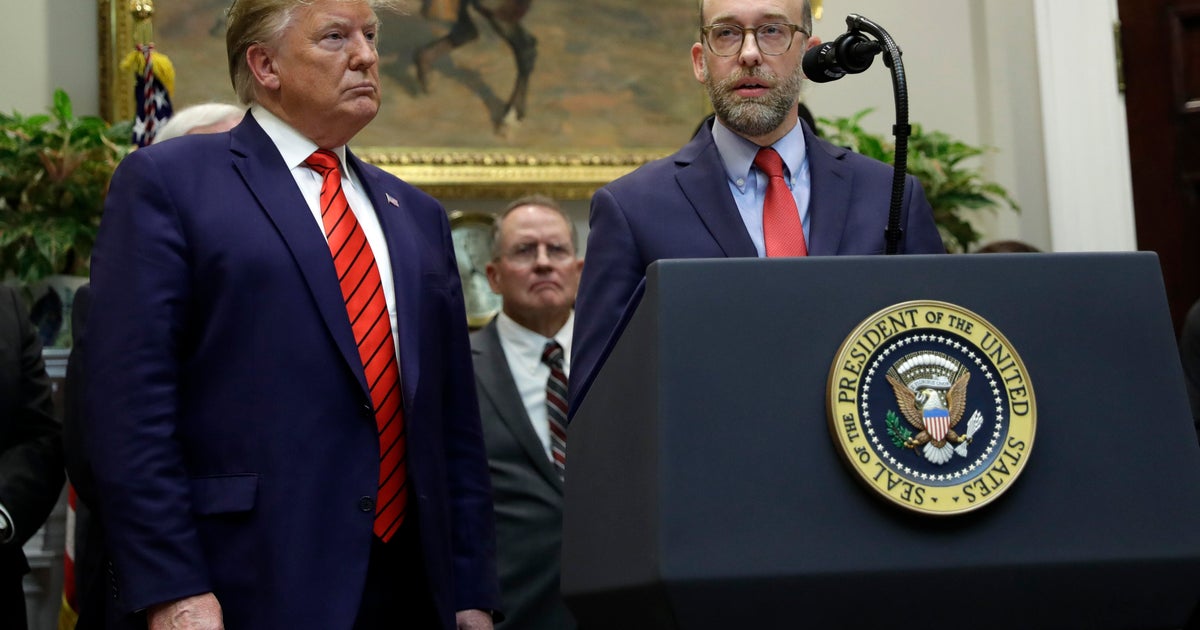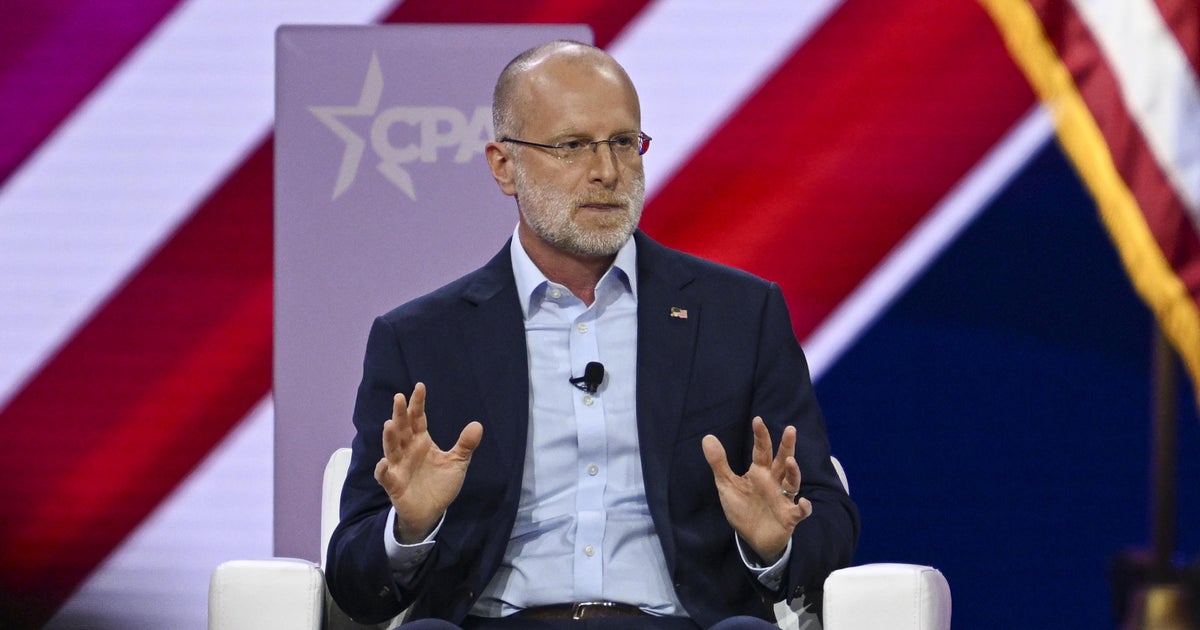Trump proposal to exempt tips from taxes could cost $250 billion
Former President Donald Trump's vow to stop taxing tips would cost the federal government up to $250 billion over 10 years, according to a nonpartisan watchdog group.
The proposal — made by Trump for the first time just over a week ago in Nevada — would increase the nation's red ink between $150 billion to $250 billion and possibly much more if it were to cause a shift in more overall compensation from wages to tips, the Committee for a Responsible Federal Budget (CRFB) said in its analysis released Sunday.
"The big picture is clearly we have huge fiscal challenges for whoever the next president is, yet we seem to be seeing a number of proposals that would make the situation worse rather than better," CRFB President Maya MacGuineas told CBS MoneyWatch. "Our politicians pander as their political strategy, which leaves the country so much weaker."
Trump's proposal, which doesn't address how it would be paid for, is bad tax policy because it would create an incentive to push more income into tipping, MacGuineas added. "Changing our economy into a tipped economy is not desirable in the first place," she said.
In making a pitch to win over voters in a battleground state that is largely dependent on the hospitality industry, Trump told a June 9 rally off of the Las Vegas strip that he would get rid of taxes on tips, "right away, first thing in office, because it's been a point of contention for years and years and years."
Changing the law would require approval from Congress, which has not acted on it before. But in 2025, lawmakers will have the chance to rewrite the country's tax laws, when Trump's 2017 tax laws are set to expire. Tips weren't included in the original legislation.
The Internal Revenue Service legally requires workers who earn wages based on tips to report their earnings on their taxes, which is then taxed at the same rate as regular income.
"In practice, exempting tip income from taxation would lead workers and employers to reclassify ordinary income as tip income where possible and could lead to a larger shift toward lower base pay and higher tipped income, more broadly," the CRFB stated.
Assuming a shift of 10% more income stemming from tips would increase the cost to $275 billion, and a doubling of tips offset by lower wages could have the price tag surging to $500 billion, the group projected.
A spokesperson for Trump did not respond to a request for comment.
Asked about the former president's proposal while briefing reporters on President Biden's tax proposals last week, national economic adviser Lael Brainard declined to address the idea of exempting tips from taxes specifically.
"Our view is that the meaningful set of policy changes that would really lift the living standards of Nevada workers would be to raise the minimum wage" and eliminate the tipped minimum wage in Nevada, which would save workers there $6,000 a year, Brainard said.
The Biden administration is proposing that tax cuts for those making $400,000 and more a year should expire as scheduled in 2025, but continue for households earning less.
The Trump campaign has also proposed extending individual and estate tax cuts adopted in 2017, and the presumptive Republican presidential nominee recently floated the idea of cutting the corporate tax rate to 20% from 21%.
"Campaign time is still silly season," remarked MacGuineas, who called on the candidates to "make a promise that they will not engage in any more borrowing other than real emergencies" and focus instead on balancing the nation's budget deficit.
"Interest payments are the second-largest item in the budget and the fastest growing," she said.



